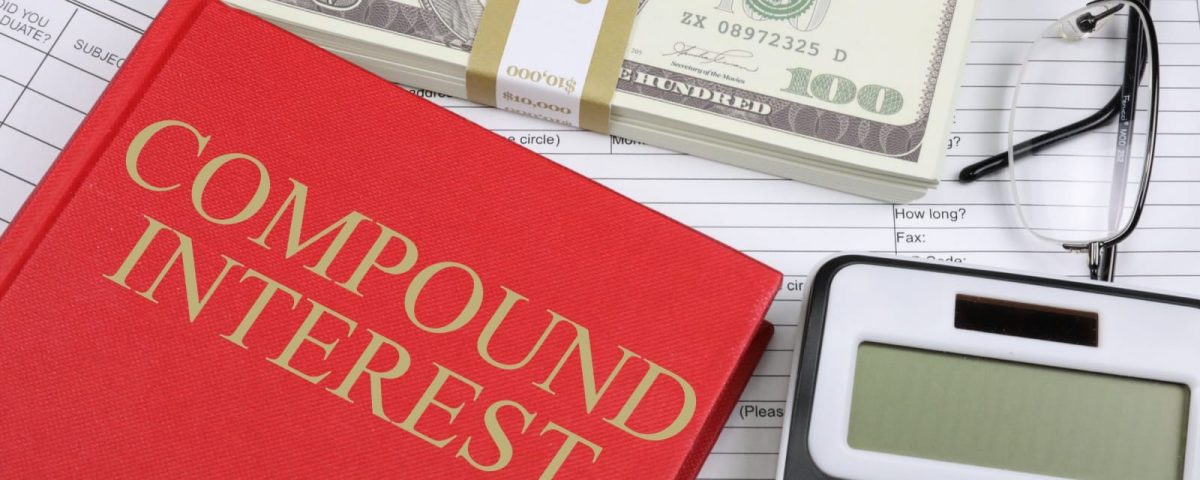When I studied compound interests for the first time in my class VI, little did I know that this is going to be my future profession. Teaching compounding interest that is or even more precise, teaching the practical aspect of compound interest.
I did my graduation in Science and then MBA and studied a number of subjects but what I still remember is this subject of my class VI.
Compound interest is a miraculous thing and not giving attention is a great folly of human kind. I probably would not have paid much heed to this fascinating thing had I not entered the investment field. But as I am in this line, I feel my job is to teach others to use the immense practical benefit of this superpower.
How can one use the power of compounding-
Suppose, Mr Hardwork started investing Rs 5000 per month in an equity fund ever since he started his job at the age of 22. By the time he turns 60, his corpus would become Rs 2.30 Crores assuming this fund generates a return of 10% per annum.
Now, let’s safely assume that as Mr Hardwork climbs the corporate ladder, his income would increase. Accordingly, he should increase his investments. So, let’s assume that Mr Hardwork increases his investment by 10% per annum. Then by the time he retired at 60,his corpus would become a staggering Rs 8.16 Crores.
It gets further interesting as Mr Hardwork married Ms Soft spoken at the age of 25. Now both plough in their savings to the wonder of compounding. Ms Softspoken also started with an SIP of Rs 5000 per month and kept increasing her investments @10% per annum. When the couple retires, they would have a jumbo corpus of Rs 14.29 Crores.
Let’s make it even more interesting- After a few years of living together and analysing the pattern of their expenditure, they found that they can increase their savings by Rs 5000 per month more. So by the age of 30, they have started putting back the additional savings into SIP. Their corpus at 60 now swelled to Rs 17.60 Crores.
Now look at the other side of the compounding effect. After 38 years, the corpus value Rs 17.60 Crores is equivalent to only Rs 2.76 Crores of today. That’s the negative side of the compounding effect as inflation eats the value of money by as much as 84%.
But the corpus of Rs 2.76 Crores today is certainly not a bad amount either.
Manoj Pandey
CFP





